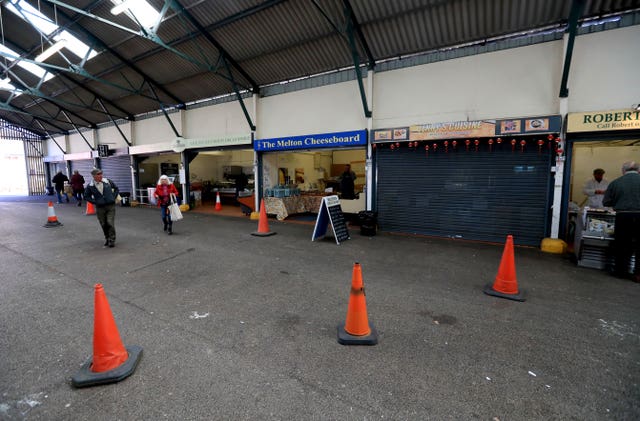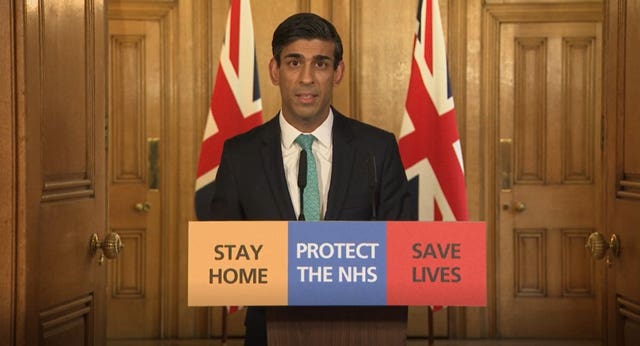What is furlough and who is eligible?
The Coronavirus Job Retention scheme will give people 80% of their usual earnings.

The Government has offered to help pay people’s wages to try and stop people losing their jobs during to the Covid-19 pandemic.
The Coronavirus Job Retention scheme will give people 80% of their usual earnings, meaning that they can be furloughed rather than laid off from their place of work as businesses try to cope with the fallout from Covid-19.
What money are you entitled to and how will the new help work?
What is furlough?
If you are furloughed then your employer is keeping you on the payroll while a business has less work than normal.

While on furlough you cannot undertake work for or on behalf of your employer.
Many shops, restaurants, hotels and other service industries in the UK have found themselves with no customers after being forced to close amid the pandemic, and many other firms have had work cancelled.
Who is eligible?
Any UK organisation with employees can apply for the Government help as long as they had set up a payroll scheme before February 28.
This means that people who work for businesses, charities and public authorities will be entitled to the money if their employer signs up.

If you started your job after February 28 2020 then you are not eligible for the scheme.
If you were made redundant since February 28, you can be put on furlough if your employer rehires you.
How much will I get paid?
Businesses will be able to pay their employees 80% of their regular monthly wage, or £2,500 a month, whichever is lower.
If on the scheme, your employer must pay you at least the 80% of your usual income, however they are also free to top this up if they wish.

This means that if you earn £24,000 a year, you will earn a gross income of at least £1,600 a month on the furlough scheme.
How long will it last?
The Coronavirus Job Retention Scheme will run until at least June 1 2020.
When he announced the scheme, Chancellor Rishi Sunak said: “I am placing no limit on the amount of funding available for the scheme.
“We will pay grants to support as many jobs as necessary.”

Do I still get taxed?
While on furlough your wage will be subject to the usual income tax and other deductions, the Government guidance says.
What are my rights?
According to HM Revenue and Customs (HMRC) furloughed employees have exactly the same rights they did when working.

This means you are still entitled to statutory sick pay, maternity and other parental rights, the right against unfair dismissal and redundancy payments should you lose your job.
What if I do not want to go on furlough?
The Government say you may be at risk of losing your job if your employer asks you to go on furlough and you refuse.
If this is the case, it must be in line with normal redundancy rules and protections.





